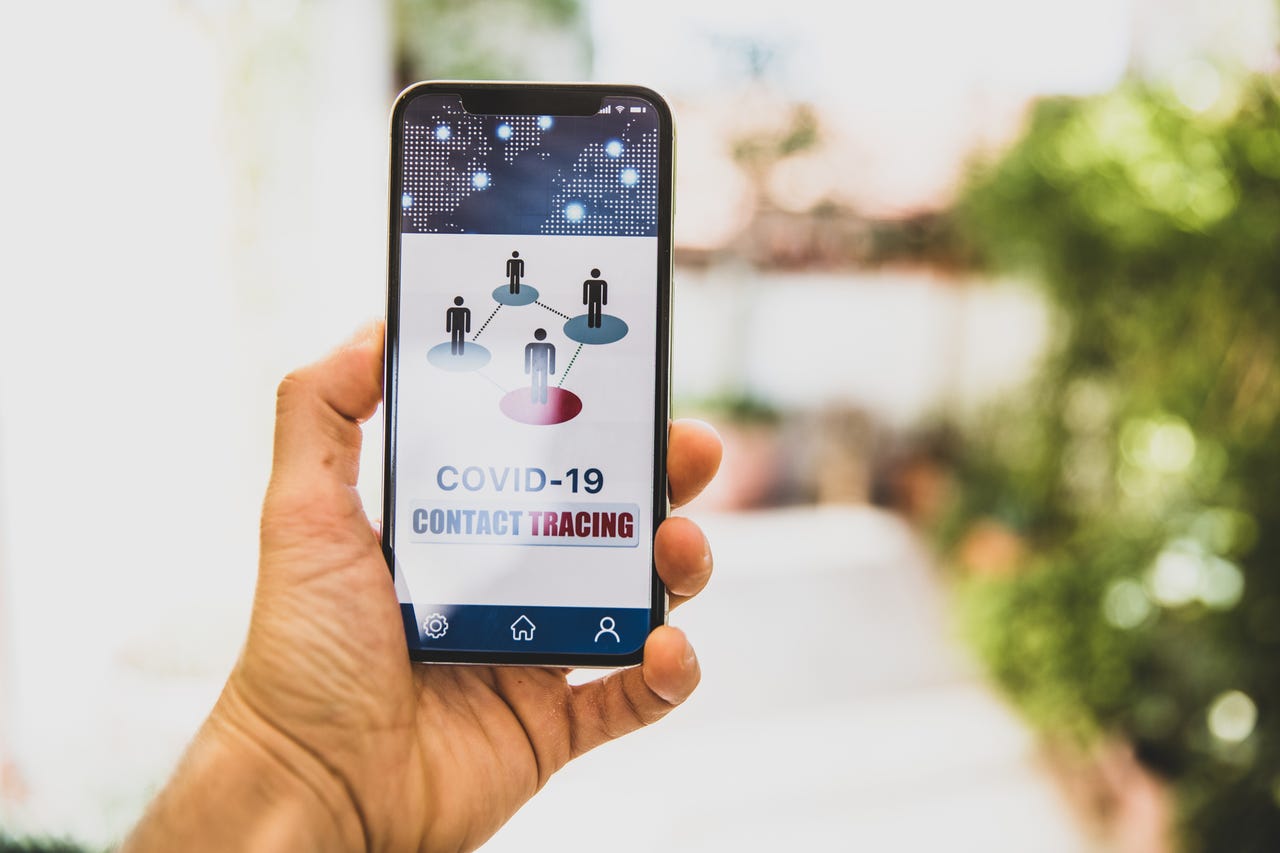
Singapore says it has removed personal data collected by its COVID-19 contact-tracing systems, except for information related to a murder case, which will be retained indefinitely.
The move comes a year after the country announced plans last February to shut off the tracing systems, following the easing of travel restrictions as the global pandemic stabilized. Efforts were also made to retrieve millions of Bluetooth-enabled wearables, which were distributed nationwide to detect and monitor user proximity, so these devices could be refurbished and recycled for future use when needed.
Also: The best VPN services (and how to choose the right one for you)
The TraceTogether and SafeEntry systems are now no longer operating and all COVID-related personal data collected from the two platforms has been deleted, confirmed the Smart Nation Group, which is a government agency that sits under the Prime Minister’s Office and is managed by the Ministry of Communications and Information.
User registration data, which was kept to enable quick rollout and registration for both systems, should a new variant emerge, has also been erased.
Also: The top cloud storage services you can buy to protect your files
The only data retained was collected via the TraceTogether system and used in relation to a May 2020 murder case. This information will be held indefinitely by the Singapore Police Force to facilitate potential legal applications, should the conviction or sentence be challenged years after the case has concluded. This situation may require the police to disclose the data.
Back in February 2021, Singapore passed new legislation detailing the scope of local law enforcement’s access to COVID-19 contact-tracing data. This came weeks after it was revealed the police could access the country’s TraceTogether contact-tracing data for criminal investigations, contradicting previous assertions that this information would only be used when the individual tested positive for the coronavirus.
This legislation included the ability for the government to specify a date to shutter the digital contact-tracing systems if they were no longer required and to delete any personal data collected.
Also: Singapore seeks expanded governance framework for generative AI
The backend infrastructures for the TraceTogether and SafeEntry systems have also been dismantled and their frontend websites shut down. In addition, the mobile apps for TraceTogether and SafeEntry Business have been removed from official app stores.
Introduced in March 2020, the TraceTogether app tapped Bluetooth signals to detect other participating mobile devices in close proximity, allowing the system to identify people who had been in close contact when needed. Data was captured, encrypted, and stored locally on the user’s phone for 21 days and, when needed in contact-tracing processes, uploaded to the Health Ministry for review.
Also: The best VPN services for iPhone and iPad (yes, you need to use one)
SafeEntry was used as a digital check-in system that gathered data to facilitate contact tracing of individuals, and the locations they visited, when they tested positive for COVID. QR codes were displayed at the entry and exit points of venues, such as supermarkets and shopping malls, which visitors had to scan and then input their name, national identification number, and mobile number.
At its peak, TraceTogether was used by more than 90% of the local population.

